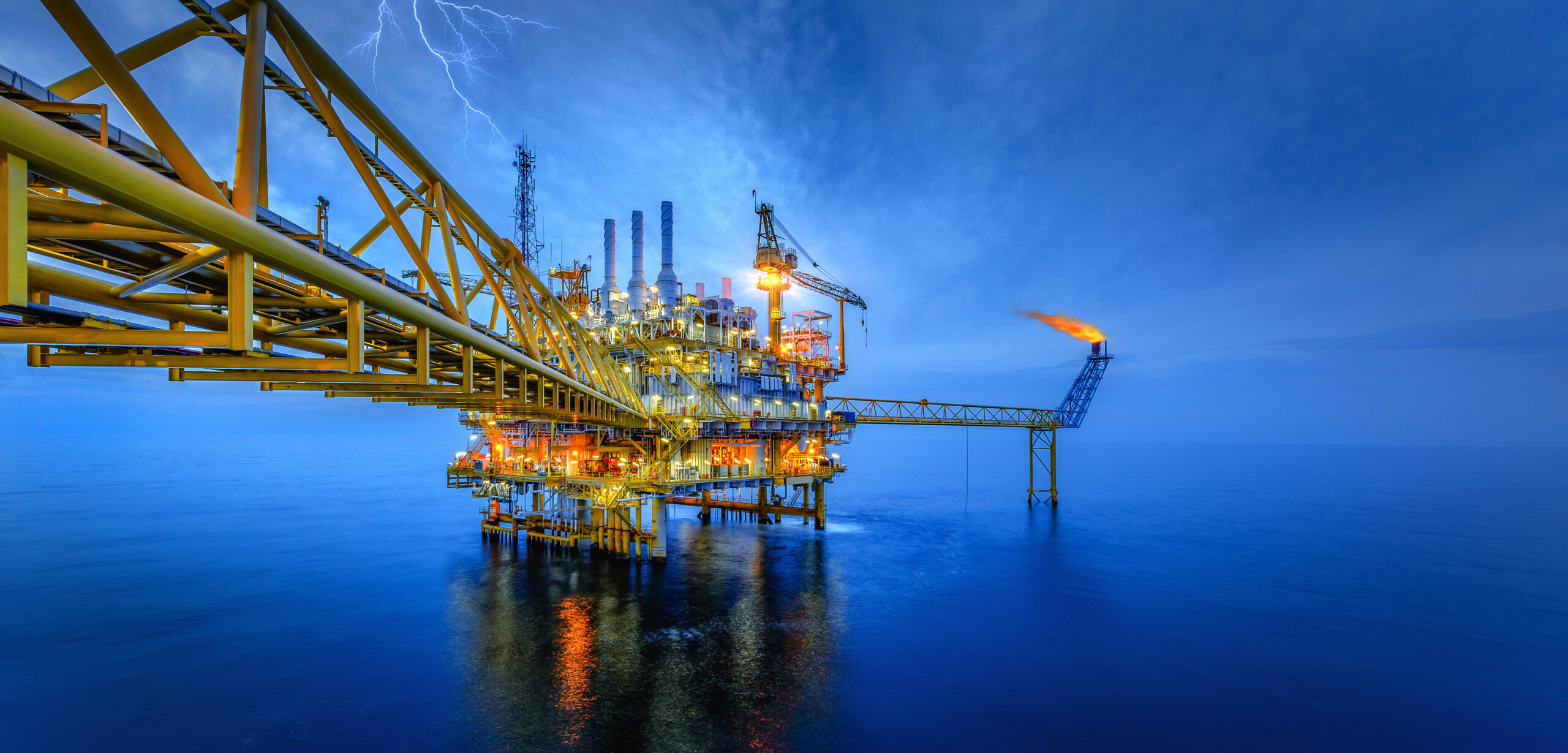NEWS & INSIGHTS | Opinion
Can you decarbonise a carbon industry?

We caught up with our CEO, Colette Cohen, to discuss the future of oil and gas in a low carbon economy and how the industry is preparing for this ambitious transformation.
Many would say that oil and gas won’t have a role in a low carbon economy, how do you see the future for oil and gas?
In all the forward demand forecasts, particularly for energy but also for feedstock, oil and gas will be important well past 2050. If you accept that oil and gas will be part of moving to a lower carbon economy, then it’s essential to have a balanced energy mix. It’s not an either or – it’s oil and gas, renewables, wind, tidal, nuclear, all providing security of energy supply for the UK cost effectively.
The oil and gas industry has changed and transformed itself over the years, how big a transformation is this move into a low carbon future?
I think it’s a pretty dramatic move for the oil and gas industry – we’re essentially talking about decarbonising a carbon industry. We want to deliver hydrocarbons with the lowest carbon footprint possible and that’s a bit of a mind bend for a lot of people that have been in the industry over the past 20 to 30 years. I think it is a big change, but also a big opportunity.
As we look forward, there will be a different and more diverse group of people working in the industry. We’ll see people with new skills, more digitally focused, with a drive towards remote operations and automation. I think we can combine the drive towards a low carbon economy with new jobs and skills that are more interesting for the next generation.
What kind of technologies and innovations will come to the fore?
What’s great is we’re already seeing technologies and ideas that suit all heavy industries and are not specific to oil and gas. This is important as many major industries are moving towards a low carbon footprint. So, we’re asking the questions, how do we minimise our emissions? How do we deliver our products with the lowest carbon footprint possible? Logistics and power generation are just two examples.
While we develop and deploy technologies in our sector, equally, we can learn from each other industries such as nuclear, renewables, manufacturing, automotive and aeronautical. It’s an exciting place to be and I hope as a result, we’ll move towards having energy engineers, energy scientists, data analysts or even just heavy industry engineers and scientists. I think the world that we’re imagining is an exciting and interesting one.
Vision 2035 sets an ambitious goal for the industry. How will that develop through this transition towards a low carbon economy?
Vision 2035 sets out a goal to add a potential £1 trillion in value to the UK economy. That comes from delivering 10-20 billion barrels of additional volume from the UK Continental Shelf, as well as developing the technologies, skills and supply chain that make it possible.
We have a huge export potential – we’re an older basin with late life management processes that we have developed and become experts in. We’re now moving into the decommissioning phase in parts of the basin, but that’s by no means the end – it’s part of business as usual. We’re going to have to decommission facilities that were put in place in the 1960s and 1970s, while still building facilities for decades to come.
If we can do it right and develop those next generation facilities with a low carbon footprint, with reusable, low cost materials, that is something we can export to all the other global markets that will go through exactly the same cycle that we’re currently experiencing.
Subscribe for the latest updates



